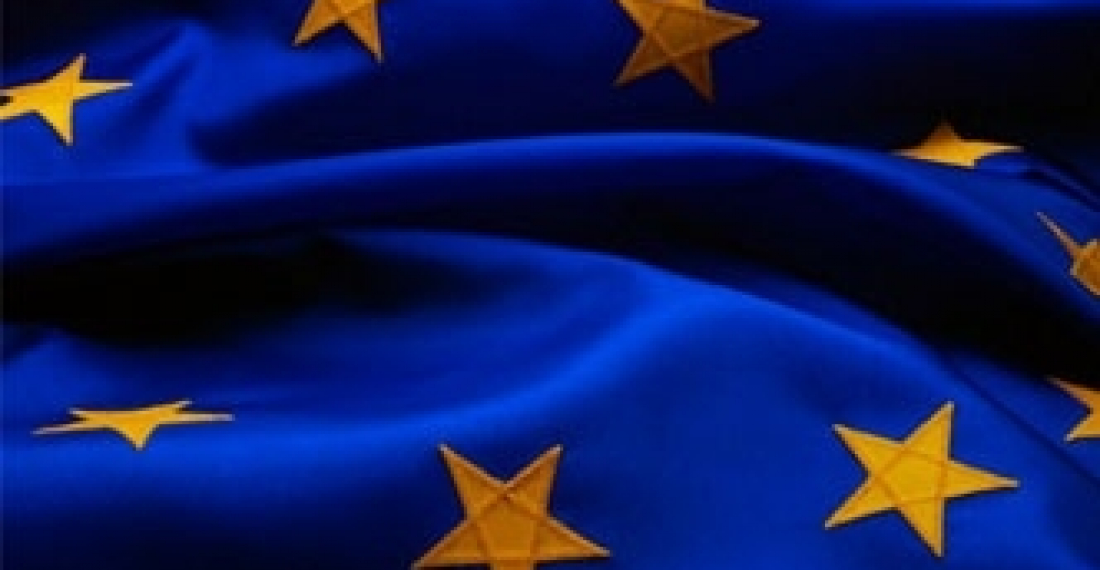European Union has relevant mechanisms and big experience in conflict management and is willing to assist Armenia and Azerbaijan in peaceful resolution of the Karabakh conflict, EU Special Representative for South Caucasus and Crisis in Georgia Philippe Lefort said in a briefing with Armenian Foreign Minister Edward Nalbandian.
He said that Armenia and Azerbaijan are EU partners in peace making in the region. And resolution of conflict is the shortest way for the countries in the region to the EU Association. Philippe Lefort said that negotiations for resolution of the Karabakh conflict are the key mission of the OSCE Minsk Group and EU is ready to render additional assistance in the process. He said that the South Caucasus has big economic and cultural opportunities that can be developed only after establishment of peace in the region.
Lefort believes that the South Caucasus plays the role of an overland bridge between Europe and Asia-Pasific and it is not only a transit country but also a zone of unique cultural diversity. EU considers the South Caucasus an interesting region for cooperation in implementation of various joint projects, the diplomat said.







